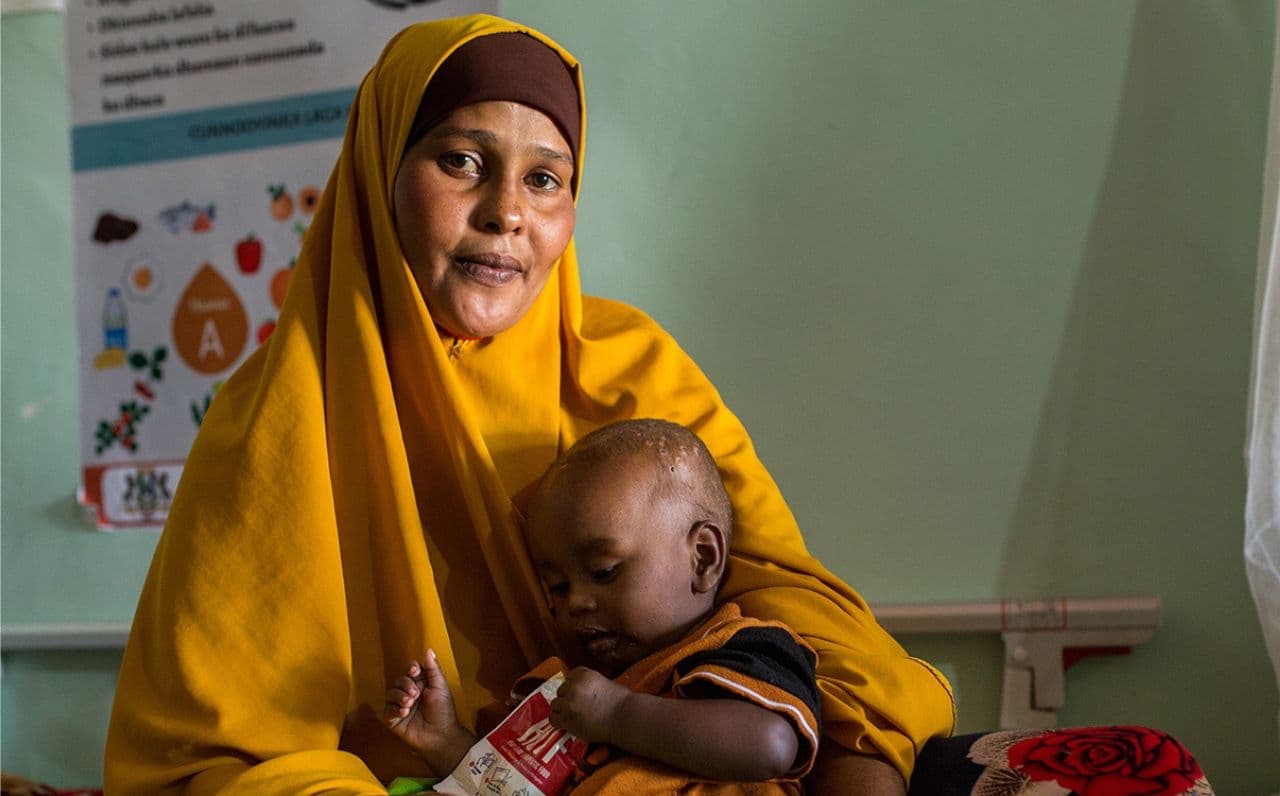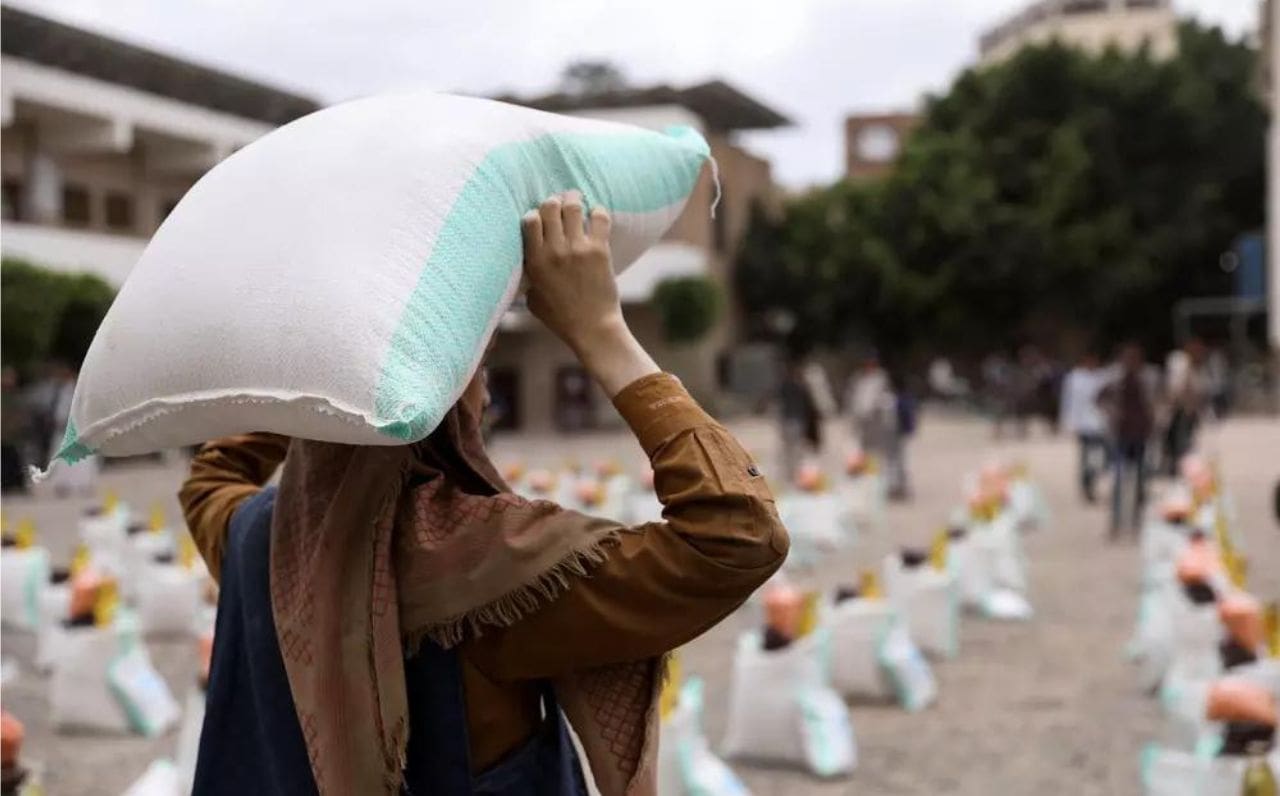Continuation of crises
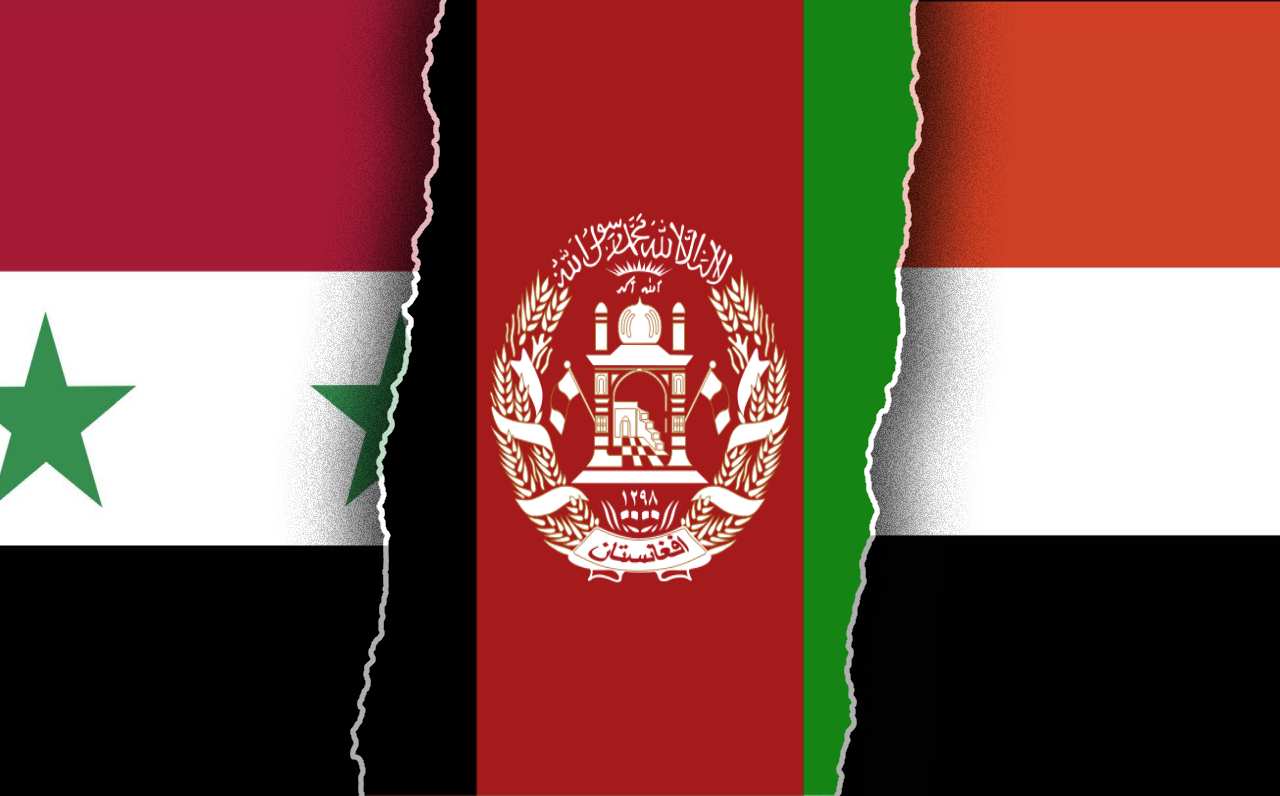
Review the current situation in Afghanistan, Syria and Yemen.
Despite the global crises, and the continuing political and military conflicts in the Middle East, Afghanistan, Yemen and Syria are still at the forefront of the humanitarian crisis. Analyzes and statistics show that high rates of hunger, job insecurity, poverty, lack of access to health and medical facilities, and the violation of the rights of women and children in these areas continue, as a result of the recent unrest and what has happened over the years.
1. The catastrophic dimensions of the famine in Yemen
The current level of hunger in Yemen is unprecedented and the conditions are very difficult for millions of people. Despite humanitarian aid, 16.2 million people wake up hungry every day. Famine conditions like Yemen have returned to Yemen for the first time in two years in Hajjah, Imran and Jawf, and are projected to almost triple in the first half of 2021 (from 16,500 to 47,000).
The rate of malnutrition among Yemeni children is one of the highest in the world, and the nutritional situation is deteriorating every moment. Recent surveys show that almost a third of households have a deep gap in their diet and almost never eat foods such as legumes, vegetables, fruits, dairy products or meat. The rate of malnutrition among Yemeni women and children is still the highest in the world, with 1.2 million pregnant or breastfeeding women and 2.3 million children under the age of 5 in need of acute malnutrition treatment.
The humanitarian situation in Yemen is very fragile, and any disruption in the supply of vital nutrients such as food, fuel and medicine could bring millions of people to starvation and death. The World Food Program calls for unrestricted access to those most in need to prevent famine.
2. Unstable living conditions of the Afghan people
22.8 million Afghans - more than half of the population - do not eat enough food.
The country is on the brink of economic collapse, with the local currency at an all-time low and food prices rising.
Acute malnutrition exceeds emergency thresholds in 25 of 34 provinces and is expected to worsen, with nearly half of children under 5 and a quarter of pregnant or breastfeeding women needing life-saving nutritional support, over the next 12 months.
As winter approaches, bringing food into the country and pre-positioning it in strategic locations is now WFP's most urgent task. WFP urgently needs $ 220 million per month to help those in need.
A total of 22.8 million people, or more than half of the population, face acute hunger as temperatures drop below freezing.
With more than 682,000 people displaced by drought, economic crisis and conflict, WFP needs $ 2.6 billion in 2022 to provide life-saving assistance and work for long-term resilience.
In addition to food aid, WFP's cash donations enable residents to purchase food, complementing its efforts to build community resilience through activities such as training in agricultural techniques and irrigation projects.
Humanitarian needs have tripled, according to the organization, whose fleet of 170 trucks crisscross the country, delivering nutritious food to remote villages and urban areas.
WFP plans to reach 23 million people by 2022, or more than half of the population. Urban dwellers now suffer from food insecurity at rates similar to those in rural communities.
They have lost their income, there are no jobs, food prices have risen, in some cases drought and conflict have forced people to leave their homes. For the first time, city dwellers are suffering from food insecurity at rates similar to those of rural communities, the latter having been ravaged by drought twice in the past three years.
It's manifested by nearly 23 million people unable to get a decent plate of food every day. A lot of people are terrified of winter because as food prices have gone up, fuel prices have gone up and jobs are gone, they don't know how they're going to get through it.
3. The scale of the Syrian crisis
Many women now find themselves for the first time in their lives as the breadwinner of the family, reverting to extreme strategies to cope such as reducing the number of meals each day, or forced to buy cheaper, less nutritious food.
While there is no longer conflict on the scale we once saw in Syria, over 12 million women, men, and children go to bed hungry every night.
Against the backdrop of escalating conflict and deepening economic crisis in Syria, senior United Nations officials briefed the Security Council today on the urgent need for a nationwide ceasefire and increased humanitarian access.
During the first half of 2021, an estimated 438,000 Palestine refugees in Syria, 28,017 Palestinian refugees from Syria (PRS) in Lebanon and 18,164 PRS in Jordan entered a more serious state of poverty and vulnerability as the socioeconomic impact of the COVID-19 pandemic worsened and unemployment rates soared across the region.
In Syria, the devaluation of the Syrian pound (SYP) and rapidly rising inflation pushed the prices of basic commodities upwards. Taken together, these developments served to negatively affect the daily lives of people in Syria, including Palestine refugees, at every level.
by June 2021 The national average food basket price was 49 per cent higher than that of December 2020 (six months ago) and was 102 per cent higher compared to June 2020. Prices for basic food items such as sugar and fresh eggs increased by 3 and 12 per cent between May and June 2021.
In the latest global ranking of the safest and most insecure areas in the world, Afghanistan replaces Syria and is listed as the most insecure country in the world. In addition to Afghanistan and Syria, South Sudan, Yemen and Iraq are among the most insecure countries.
As peace efforts, parliamentary elections, and preparations for the presidential election continue, war in Afghanistan continues to causing casualties and damage.
Syria, which has been in the headlines in recent years due to the deadly wars of the warring parties, "chemical attacks", suicide attacks and the city-to-city clashes between pro-Assad forces and its opponents, has been relatively quieter months but is at the bottom of the table, along with Afghanistan, South Sudan and Iraq, are some of the most insecure countries in the world; A position that may change in subsequent classifications.
Not only has the situation in Yemen not improved, but is becoming more critical every day.
Regardless of all these classifications, what is happening in these three countries today is a serious damage that people are suffering devastating and long-lasting consequences.
Many efforts are being made at the highest political levels to improve the situation in these areas, the people still need serious livelihood, health and educational assistance.
Source and Credit:: Oxfam, WFP, UNICEF, IRC, UNRWA, WHO, MSF
Middle east

2022 Jan 08
Africa

2024 May 10
International, Americas

2024 Apr 16
Increasing Arrests and Faceless Victims Revealed in Latest Findings.
Middle east

2024 Feb 23
Escalating Hostilities Prompt International Concern
Africa

2024 Feb 20
SimilarNews
 Report Highlights Rights Violations Against Christians in Iran
Report Highlights Rights Violations Against Christians in Iran Increasing Arrests and Faceless Victims Revealed in Latest Findings.
Middle east

2024 Feb 23
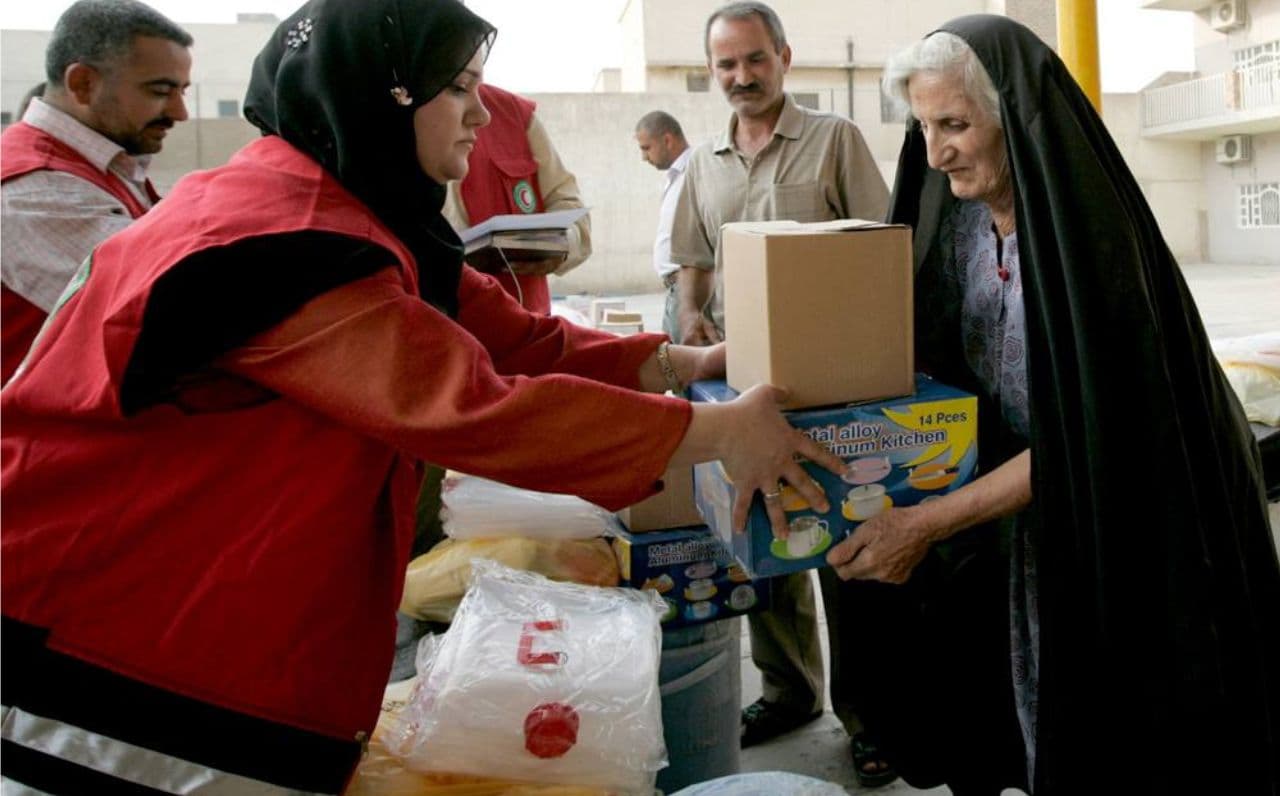 Coalition Strengthens Aid Efforts for Displaced Christians in Iraq
Coalition Strengthens Aid Efforts for Displaced Christians in Iraq Uniting to Provide Crucial Assistance Amid Ongoing Challenges.
Middle east

2024 Feb 19
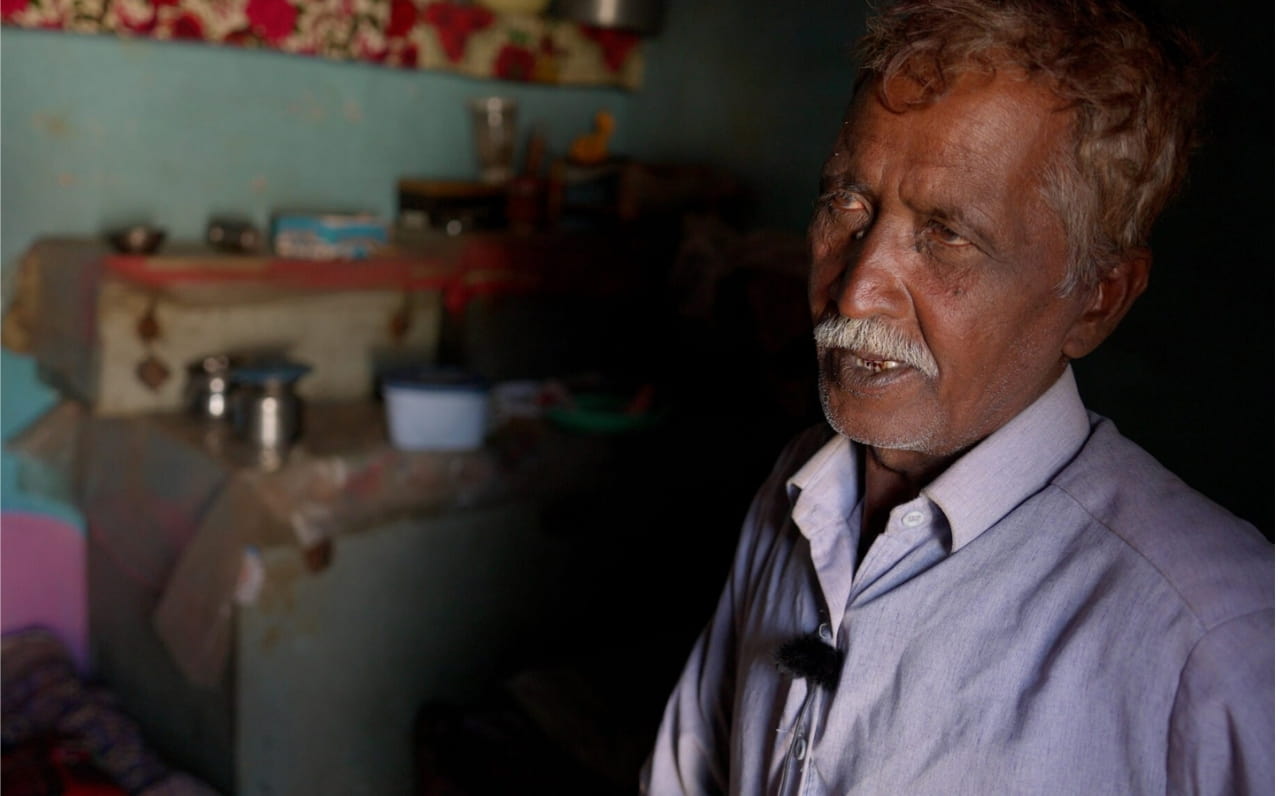 The Chains of Forced Labor and Persecution
The Chains of Forced Labor and Persecution Slavery Grips Pakistan's Christian Minority.
Middle east

2024 Jan 27
Concerns about the detrimental impact on civilians and IDPs.
Middle east

2024 Jan 26
Increasing deportation of Afghan immigrants from Iran and Pakistan.
Middle east

2023 Dec 02
